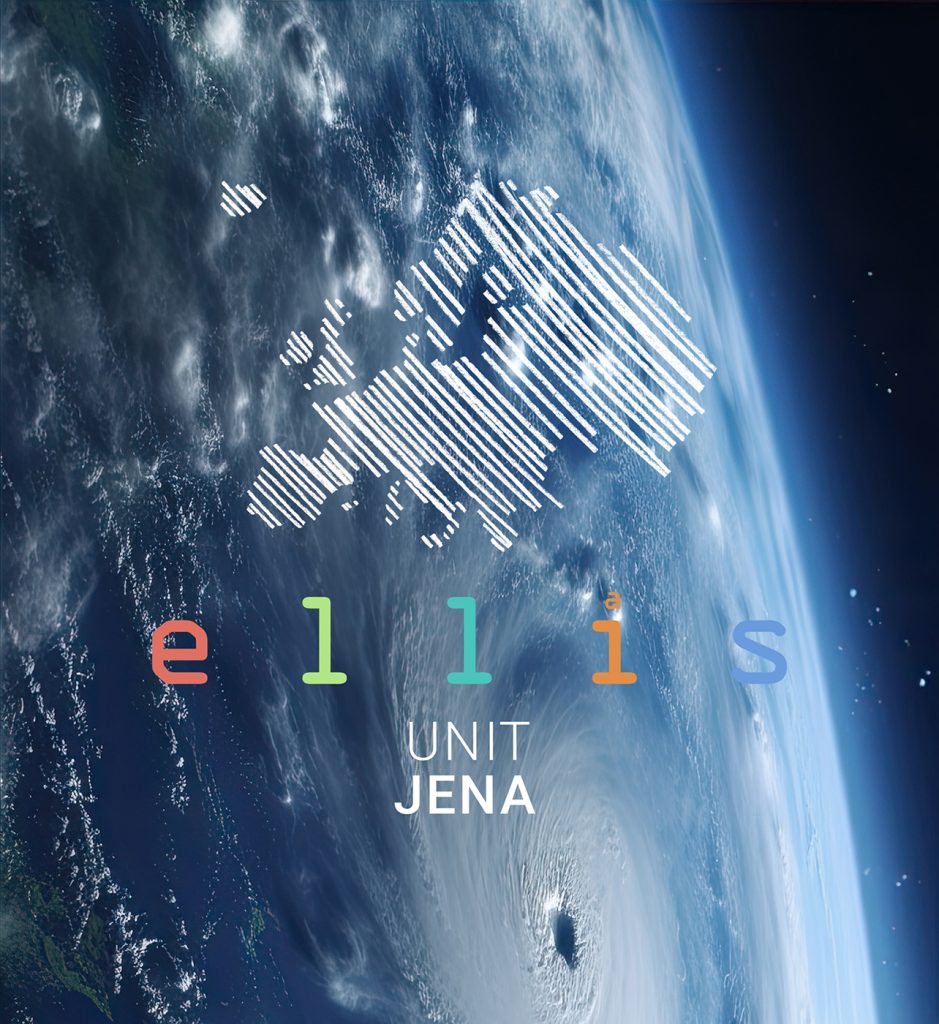Introductory Lectures
The Introductory lectures provide essential background in AI, environmental data, and Earth system sciences. They ensure all participants start with a shared understanding, ready to engage fully in workshops, keynotes, and research projects.
MONDAY, SEPTEMBER 1, 2025
9:15 – 9:45 | Introductory Lecture 1 – Earth Science
Bio:
Markus is Director of the Biogeochemical Integration Department at the Max-Planck-Institute for Biogeochemistry. His main research interests revolve around the response and feedback of ecosystems (vegetation and soils) to climatic variability with an Earth system perspective. Of specific interest is the interplay of climate extremes with ecosystem and societal resilience. He is addressing these topics with a combination of artificial intelligence and system modelling approaches to exploit the wealth of experimental, ground- and satellite-based Earth observations.
Markus studied Ecology with Botany, Chemistry and Computer Science as minor and obtained his PhD in Plant Ecology at the University of Bayreuth, Germany. Since 2013 Markus is Professor for Global Geoecology at the FSU Jena, and founding Director at the Michael-Stifel-Center Jena for Data-driven and Simulation Science. He is fellow within the excellence network ELLIS (European Laboratory for Learning and Intelligent Systems) and founding director of the ELLIS Unit Jena established in 2021. He has been serving as lead author of the IPCC special report on Climate Extremes (SREX), as member of the German Commitee Future Earth on Sustainability Research, and the Thuringian Panel on Climate. Recent awards include the Piers J. Sellers Mid-Career Award by the American Geophysical Union (2018), an ERC Synergy Grant (2019) and the Gottfried Wilhelm Leibniz Preis (2020).
MONDAY, SEPTEMBER 1, 2025
9:45 – 10:30 | Introductory Lecture 2 – Machine Learning
Bio:
Joachim is a full Professor of Computer Vision at the University of Jena, Germany. He has been the founding Director of the Michael-Stifel-Center Jena for Data-driven and Simulation Science and the recently established ELLIS Unit Jena (www.ellis-jena.ai) as well as the Director of the Institute of Data Science of the German Aerospace Center (DLR). Joachim’s main research interests revolve around the analysis, prediction and understanding of complex dynamical systems, including applications from medicine, psychology and earth system sciences. Fine-grained object classification, active learning and causal inference for time-series analysis are of particular interest. He addresses these topics with the development and application of machine learning methods, including deep learning, and aspects from explainable AI. Joachim is a member of the board of the Thuringia Center for Learning Systems and Robotics (www.tzlr.de) with the mission to transfer research results from AI to industry. Joachim is excited about the potential of using applications as drivers for basic research, especially to contribute to our society’s urgent and pressing problems, like climate change and biodiversity loss. Joachim published more than 500 papers at international conferences and journals with around 10000 citations and an h-index of 54, according to google scholar. He is a PC member and reviewer of major conferences (NeurIPS, ICCV, ECCV, CVPR, ICLR) and Journals (IEEE TPAMI, IJCV, etc.). His group consists of 15 PhD students and receives funding from the German Research Foundation (DFG), Federal Ministry of Science (BMBF), and EU, as well as from industrial projects. He is a member of IEEE and IEEE Computer Society.
MONDAY, SEPTEMBER 1, 2025
11:00 – 11:45 | Introductory Lecture 3 – Model Assessment
Title:
Machine-learning model assessment in Earth system science
Abstract:
This lecture introduces key concepts and methods for assessing the predictive performance of machine-learning models in Earth system science. Emphasis is placed on evaluating model generalization and uncertainty in realistic prediction settings. Beyond classical cross-validation, the lecture explores advanced strategies for spatial and spatio-temporal contexts, addressing data dependencies and varying prediction horizons. These techniques aim to generate honest, context-aware estimates of predictive uncertainty, which is essential for robust environmental modeling and decision-making.
Bio:
Alexander Brenning is a full professor of geographic information science in the Department of Geography of Friedrich Schiller University Jena, Germany. He previously held a faculty position in geomatics at the University of Waterloo, Canada, and holds a PhD in geography (Humboldt-Universität zu Berlin) and postgraduate degree in applied mathematics (Freiberg University of Mining and Technology). His research interests include geospatial modeling and machine learning for Earth surface processes, natural hazards, and remote sensing data analysis. Alex has made important contributions to developing methodologies and open-source tools for the assessment of predictive performances of spatial prediction models.

